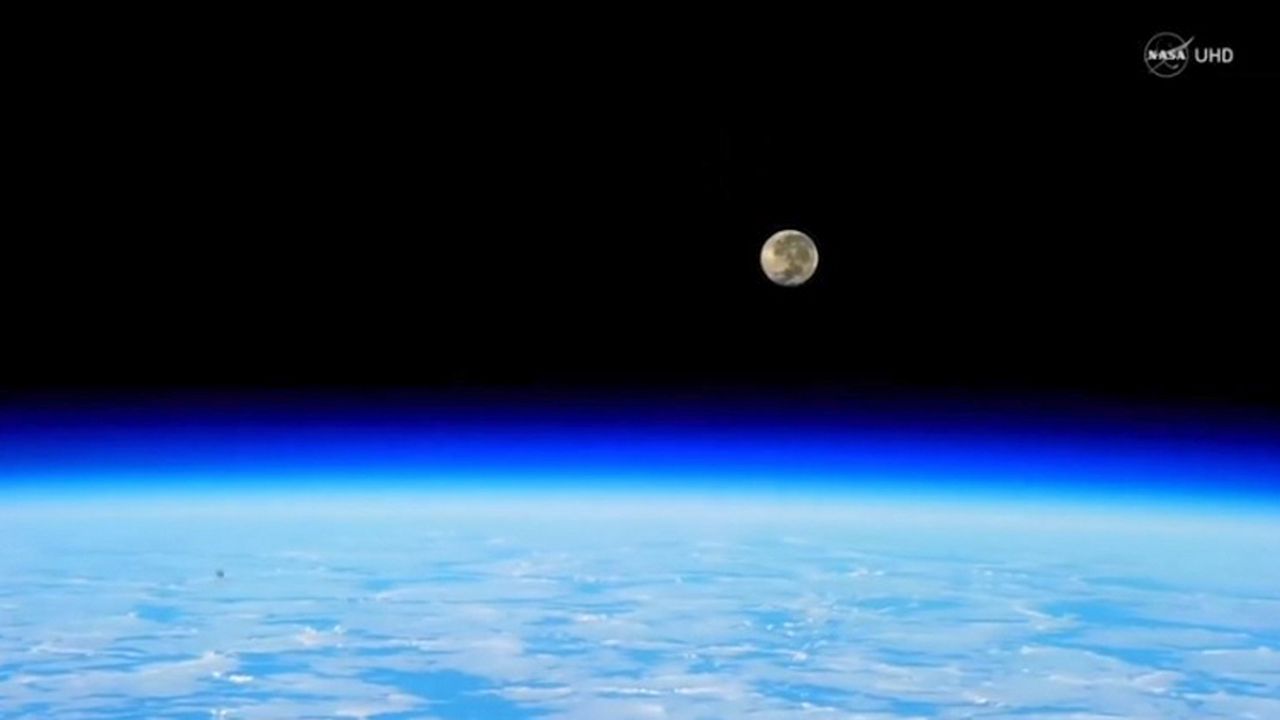WASHINGTON — Fifty years after the Apollo 11 launch, NASA has bold plans for another trip back to the moon, and lawmakers on Capitol Hill are working together to help accomplish this mission.
- U.S. lawmakers wants to make return to moon a reality
- Follow our Apollo 11 coverage | Space coverage
- RELATED stories:
“It was a different time for our country,” said Rep. Bill Posey (R) Florida 8th District.
The lunar landing is a deeply personal memory for Posey, who worked on the mission as a rocket inspector with McDonnell Douglas.
Posey was 15 years old when President John F. Kennedy delivered his famous address declaring the moon mission, and he was inspired to be part of it.
“Everybody in America seemed to support the space program and was determined to beat the Russians, and most of the people that worked at the Space Center where I worked would have done that for nothing,” he said.
Posey has been pushing for a return lunar-landing mission ever since he became a member of Congress. His idea is now gaining traction with President Trump, who is proposing more NASA funding to accomplish that goal in 2024.
“It’s a stepping stone toward reaching Mars,” he explained. “Now that we know that there’s water on the moon, they can make fuel from water, it makes complete total sense to go there and prepare our trip to Mars.”
His vision is also catching on with newer members of Congress.
“The new space race is on, and the United States needs to maintain its leadership role,” Rep. Michael Waltz (R) Florida 6th District said.
Waltz, a freshman member of Congress with a background in the military, believes the country is facing different challenges now that other countries have expressed interest in further lunar exploration.
“To do it again, we’re going to have to do it in a potentially contested space with China and Russia, and if we don’t make these investments we will fall behind and will become dependent on them,” Waltz said.
Waltz said the aim of future exploration is no longer about science and discovery, it’s about protecting the country’s current way of life.
“Our entire modern economy from telecommunications to banking to global navigation and logistics are all dependent on the infrastructure we have up in space,” he explained.
“That infrastructure is vulnerable. It is old. Right now, the Chinese and the Russians have developed the ability to take it out. So, not only from an exploration standpoint but from an economic standpoint and from a national security standpoint, the United States has to maintain leadership in space,” Waltz added.
Members on both sides of the aisle say they’ll continue to advocate for the Space industry. The growth has been evident on Florida’s Space Coast.
“We’ve got more and more companies and operations coming in. Boeing is moving its operations there,” said Sen. Marco Rubio (R-Florida), the chairman of the Small Business Committee.
“In the Small Business Committee, we’re trying to make sure we make a space for small business innovators to take high-risk, high-yield opportunities in the space program,” he said.
Rubio said having a big mission like the lunar landing in the past has helped motivate the country.
“When you have a big mission in mind, it forces you to do things. It forces you to create technology, it forces you to create solutions to problems you would encounter on that journey,” Rubio explained.
“Obviously, it looks like man is moving closer and closer to having some sort of permanent presence on the moon for a variety of different reasons,” he added. “I think the ability to explore beyond the moon is something that will give whatever nation achieves it, technological advantages beyond the space realm.”
The goal for these lawmakers is to create a new milestone for the next generation to witness.
“I hope in their lifetime there will be another event, the magnitude of this event,” Posey said.
NASA originally asked for $21 billion in funding for fiscal 2020 but have since asked for an addition $1.6 billion to boost its lunar programs. Congress has yet to decide how much money they will allocate.
Florida lawmakers like Posey are prepared to lobby their colleagues in Congress to get them on board.
“We work hard every day to track every member’s interest in space. We watch how they vote on issues related to space. We count on them to help space. We try to get the space agencies to get more proactive,” Posey explained.
“That’s job one in our office. Promote space every day in every way,” he said with a laugh.






